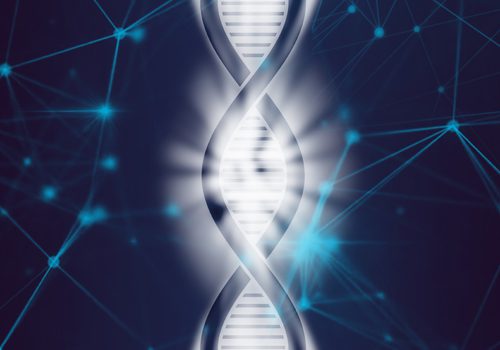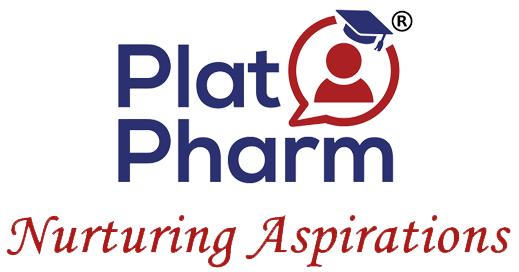
Public health is increasingly gaining importance in this century, more so in recent times. Beyond management of well-known ailments and lifestyle diseases, healthcare professionals across the world and more recently in India, are looking at ways to improve public health in order to make a change in the overall healthcare system. Epidemiology and Biostatistics, are therefore emerging as new branches of study in the life sciences arena.
a) Epidemiology is the study of diseases in populations.
The three main aims of epidemiology are:
- to describe disease patterns in human populations;
- to identify the causes of diseases (also known as etiology);
- to provide data essential for the management, evaluation and planning of services for the prevention, control and treatment of disease.
In an epidemiological study, the investigators try to determine if any factor is associated with the health effect. Therefore, epidemiologists try to compare groups of people who are alike except for the risk factor under evaluation.
The work of Epidemiologists include:
- developing or refining methods of measuring and evaluating disease occurrences;
- develop and recommend public health policy;
- study or research chronic diseases, infectious diseases, disease outbreaks, injuries, occupations, and environments, among other functions.
The responsibilities of biostatisticians include:
- develop and apply statistical methods to scientific research in health-related fields, including medicine, epidemiology, and public health.
- designing studies and analysing data from research problems.
- help formulate the scientific questions to be answered, determine appropriate sampling techniques, coordinate data collection procedures
- conduct statistical analyses to answer those scientific questions.
In order to embark on a career in epidemiology and biostatistics, one needs to specialise in the study of this particular branch of study either through post graduate and doctoral studies or a certificate course at least. One needs to have a keen interest in research studies, analysis & statistics and public health & administration to have a satisfying career experience.
- Academia
- Clinical Research
- Clinical Data Management
- Digital Healthcare
- Epidemiology & Biostatistics
- Healthcare Consulting
- Health Insurance
- Healthcare and Finance
- Manufacturing & Production
- Marketing & Sales
- Market Research
- Medical Coding
- Pharmacovigilance
- Public Health & Hospital Management
- Quality Control / Quality Assurance
- Regulatory Affairs
- Research & Development
- Retail Pharmacy
- Supply Chain Management

